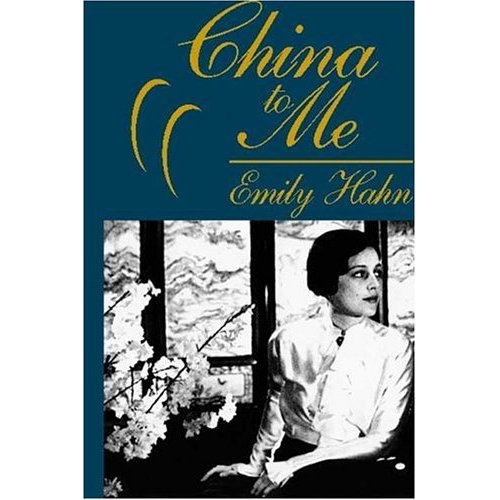Asian Godfathers by Joe Studwell (Atlantic Monthly Press)
You can't judge a book by its cover, or in this case by its title either. Anyone who fails to keep that tired old truism in mind when buying Joe Studwell's latest is in for a very big surprise. This book is not a rollicking romp through the Asian underworld, or the sort of glossy, glitzy true crime extravaganza that poses as investigative journalism. After all, Mr. Studwell writes for the Economist, not for Vanity Fair, and he admits that his title "is more than a little tongue-in-cheek."
Tycoons is the correct term for these "colourful, obscenely rich and interesting people" who dominate the economic turf of Hong Kong, Malaysia, the Philippines, Thailand, and Indonesia. Governments come and go, underworld figures rise and are deposed, but the tycoons continue to flourish. Not even the economic meltdown of the late 90s significantly diminished their fortunes. Instead many of them became even more wealthy during that financial bloodbath.
Immigration and colonialism were the groundwork from which these fortunes came. The large influx of Chinese, Arabs, Persians, and Indians provided a hungry and willing labor force for colonial powers, eventually becoming "economic entrepreneurs," while the local aristocracy were used to govern the native population, becoming "political entrepreneurs." Long after the disappearance of colonialism, these divisions still remain in place.
Mr. Studwell makes it clear that the wealth of the tycoons is based upon monopolies, cartels, and perhaps most of all, a hardworking and frugal labor force who are encouraged, if not forced, to use saving accounts. Banks in Hong Kong and Southeast Asia, with their huge pool of "excessive savers," are ready sources of investment capital and "money makes more money."
Putting much of the blame for the Asian financial crisis upon the tycoons and their freewheeling financial practices, this book bristles with fierce economic facts that will deter many a casual reader. Those who persist will be horrified by the rapidity with which a region's economic structure can be reduced to rubble, and may wonder not if, but when, their own financial security will be devoured by shortsighted greed.
In the midst of all of the history and the economic gloom and the politics that are straightforwardly corrupt, the tycoons, the "godfathers," prevail through the book with the same resilience and charisma that sustain them in life. Chin Sophonpanich, the Thai creator of one of Southeast Asia's leading banks, is remembered by another financial leader as "absolutely charming—he had about six mistresses." Li Ka-shing, number ten on the 2006 Forbes list of the world's richest men, responded to the kidnapping of his son by withdrawing one billion Hong Kong dollars in cash, so huge a sum that the kidnapper couldn't fit it all into his car and had to make two trips to carry it away. An unnamed tycoon, whose son was sent a box of chocolates by a business rival, told his offspring to feed a piece to his dog, and if that wasn't fatal, "try one on his wife."
Although Mr. Studwell concludes with the confession that he used the "godfathers" as a "structural sleight" to convey a larger history, ultimately they take possession of his book with the same ease and expertise that they would absorb any encroachment on their territory. And why not? It all belongs to them.~Janet Brown

